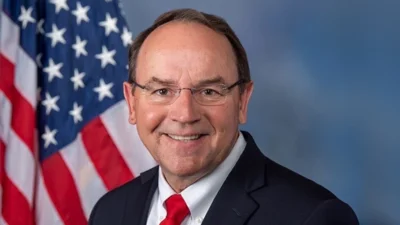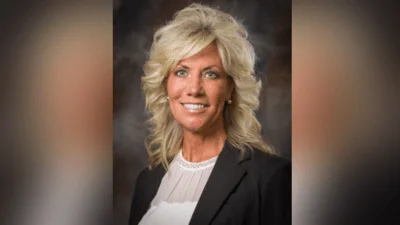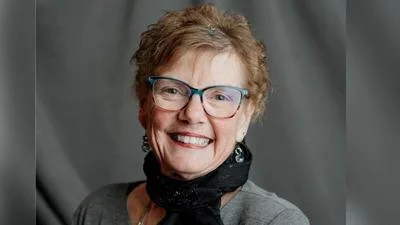Patrick Snyder, Wisconsin State Representative for 85th District | Facebook
Patrick Snyder, Wisconsin State Representative for 85th District | Facebook
According to the Wisconsin State Legislature's official website, the bill was described as follows: "various changes to the unemployment insurance law and federal Reemployment Services and Eligibility Assessment grants. (FE)".
The following is our breakdown, based on the actual bill text, and may include interpretation to clarify its provisions.
In essence, this bill makes several adjustments to the unemployment insurance law in Wisconsin, officially renaming it "reemployment assistance." It establishes new requirements for claimants, including mandatory direct contact with potential employers after the second benefit week and maintaining a current resume on the Department of Workforce Development's (DWD) job center website. It mandates that DWD provide each claimant with at least four potential job opportunities weekly, and requires participation in reemployment counseling sessions when benefits dwindle. The Department must also ensure continued participation in the federal Reemployment Services and Eligibility Assessment program. Changes are set to take effect on various dates, beginning in January 2026, with full implementation by July 5, 2026.
The bill was co-authored by Senator André Jacque (Republican-1st District), Representative Scott Allen (Republican-82nd District), Representative Alex A. Dallman (Republican-39th District), Representative Cindi Duchow (Republican-97th District), and Representative Chanz J. Green (Republican-74th District).
Patrick Snyder has co-authored or authored another 16 bills since the beginning of the 2025 session, with none of them being enacted.
Snyder graduated from the University of Iowa in 1978 with a BA.
Snyder, a Republican, was elected to the Wisconsin State Assembly in 2017 to represent the state's 85th Assembly district, replacing previous state representative Dave Heaton.
In Wisconsin, the legislative process starts when a senator, constituent, group, or agency proposes an idea for a bill. After drafting, the bill is introduced, numbered, and referred to a committee for review and public input. If approved, it moves through three readings and votes in both the Senate and Assembly. Once both chambers pass the same version, the bill goes to the governor, who can sign it, veto it, or let it become law without a signature. Only a small share of bills introduced each session ultimately become law. You can learn more about the Wisconsin legislative process here.
| Bill Number | Date Introduced | Short Description |
|---|---|---|
| AB164 | 04/08/2025 | Various changes to the unemployment insurance law and federal Reemployment Services and Eligibility Assessment grants. (FE) |
| AB156 | 04/02/2025 | Requiring child sexual abuse prevention education. (FE) |
| AB141 | 03/17/2025 | Provisional social worker certificates and licenses |
| AB97 | 02/28/2025 | Extension of eligibility under the Medical Assistance program for postpartum women. (FE) |
| AB27 | 02/17/2025 | Expanding veterans benefits to individuals who served in Laos in support of the United States during the Vietnam War |
| AB23 | 02/07/2025 | Establishment of a Palliative Care Council. (FE) |





 Alerts Sign-up
Alerts Sign-up